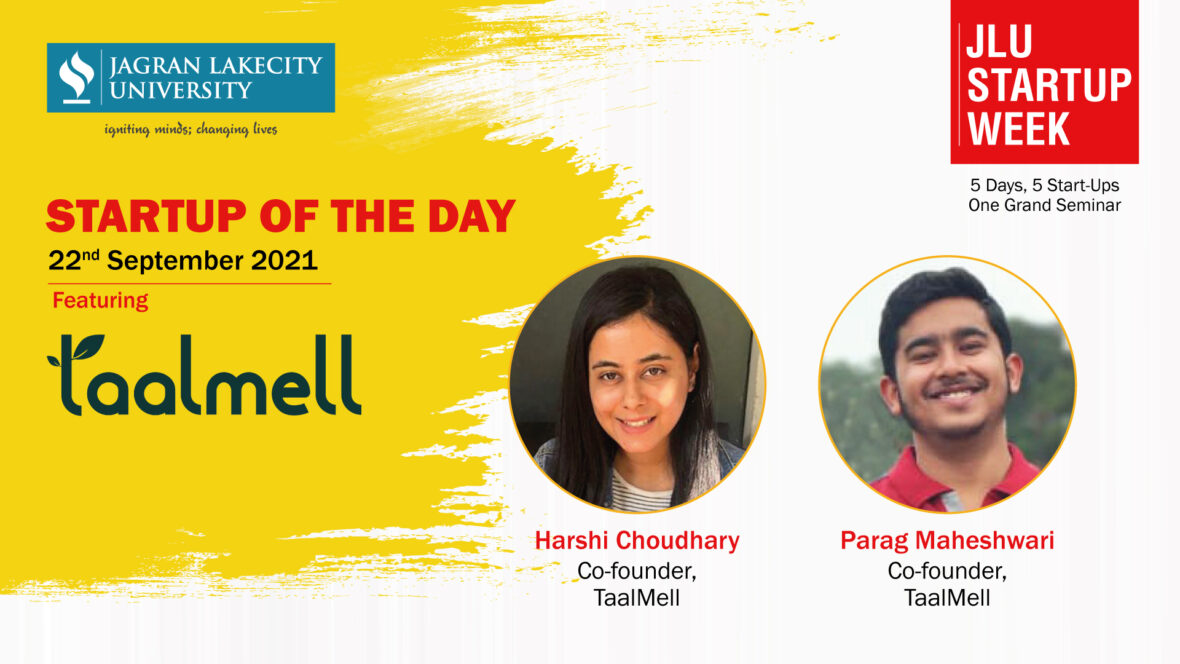A new word on the block seems to have taken centre stage in the last decade or so. From governments to small-scale businesses, the word ‘Sustainability’ has now become a necessity in discussion when it comes to starting, running, or managing a business.
Ever since the United Nations set out the ‘Sustainable Development Goals’ in 2015, calling out all the nations to take notice of various thematic issues, take responsibility for them, and work in partnership to tackle and improve the present scenario, the terms sustainability and sustainable development have become more than just buzzwords.
Countries imposed various policies and regulations to make sure they began doing their part in achieving the 17 different goals mentioned in the SDGs. So did many businesses, as they looked to include this new outlook and perception into their workplace and business models. Not only did these goals put further emphasis on important issues like inequality and social injustice, but they also propelled people and businesses to take responsibility for nature and the environment.
Sustainable means providing current demands without jeopardising future generation’s ability to fulfil their needs. Built upon three major pillars: Society, Economy, and the Environment, sustainability is supposed to highlight the need of the hour and one of them has been Environmental Protection.
Sustainable Development now is compulsorily instilled within businesses and their policies. This has pushed them to be aware of the environment and look to positively play a part in improving the environmental situation and the ways are plenty, from conserving energy resources and cutting out on the carbon footprints, to promoting efficient waste management to encouraging the use of eco-friendly or green products. And the latter being vital in the goal towards the immediate protection of nature and also creating a lasting positive impact on the environment.
And that is what ‘TaalMell’ is all about. Launched by Harshi Chaudhary and Parag Maheshwari, both Jagran Lakecity University graduates, TaalMell aims to urge people to switch from harmful to healthy and restore the balance between humankind and nature, nurturing a sustainable ecosystem; all by promoting and selling eco-friendly products.
The start-up, TaalMell began with copper bottles and now has an extended inventory of items from bamboo and neem toothbrushes to recycled paper pens and many more green and sustainable products. All the products are 100% natural, plastic-free and chemical-free, and reusable. But the overlying question when it comes to sustainable products has always been – “Is it worth the money spent?”.
The rates of different products for sustainable development are recorded by many as off-putting and the research carried out collectively by Leeds University and East Anglia University shows that the products are less effective to consumers due to their higher price range.
The cost of any sustainable products will be slightly higher than its conventional counterpart. From procuring the raw material to the production and manufacturing of the product, all these procedures cost a lot more than the production of traditional products.
Moreover, the benefits of sustainable products are always overridden by their price and value and that alone has limited the sales of these products. But to say that these green products are less effective is a myth that needs to be busted. And for that people have to be continually reminded of the positive impact these green products have on the environment and also how conventional and traditional products have a long-lasting negative impact on earth and its sustainability.
The benefits of sustainable products begin with the term itself. Sustainable products are produced to sustain and be a lot more durable. The durability of a sustainable products don’t just mean long-lasting but also focuses on the product’s impact on the environment over its lifespan. Since these products are created by renewable and with recycled resources, they do not pose a threat to the environment throughout their lifespan even after being recycled.
To put that into perspective, buying and using traditional products might be cheap but many are considerably less durable and when disposed of, are an even more dangerous threat to the environment. A good example is that of plastic. Even though there have been bans on various plastic products, many products and necessities are made of non-compostable and less durable plastic that can be harmful to the environment.
For a slightly more price range a durable product that helps keep carbon footprints at a minimum, is reusable, recyclable, and compostable. This makes it useful in making a difference by promoting these products that can play a massive role in the sustainability of our natural resources. TaalMell tackles this issue brilliantly.
Even though the benefits of these products may be well marketed, the real need would be to encourage people to dwell deeper into environmental awareness and change the underlying perspective towards the environment.
At Jagran Lakeside University, we have made it our mission to sensitize students about these themes and through a practice-based pedagogy, nurture these students into leaders who will lead with integrity and a vision to leave a positive impact on society.
And just like our alumni at TaalMell, we are proud to say that we have a host of our students who have been contributing in all spheres of sustainability even through entrepreneurship.
Producing and selling sustainable products is just the start of a long and acceptable road towards sustainability. This kick starts when we as citizens play our role in buying, promoting, and creating a demanding market for these products.
About Jagran Lakecity University
Jagran Lakecity University, the fastest growing university in Madhya Pradesh, recently won the Diamond rating by QS I-Gauge scoring a 100/100 on their entrepreneurship parameter. QS I-Gauge is an international rating agency for universities. JLU continues to support entrepreneurs with a Rs 25 lakh fund earmarked to support start-ups.
JLU and its alumni are making the nation proud, and the university plans on continuing to empower its students to become the top entrepreneurs of the future through education and financial support.



